CIVICUS places Indonesia on Watchlist amid escalating repression under Prabowo administration
Indonesia has been added to the CIVICUS Monitor Watchlist after an alarming surge in repression under President Prabowo Subianto’s government. Rights groups cite arrests, violence, and growing curbs on media and civil society.
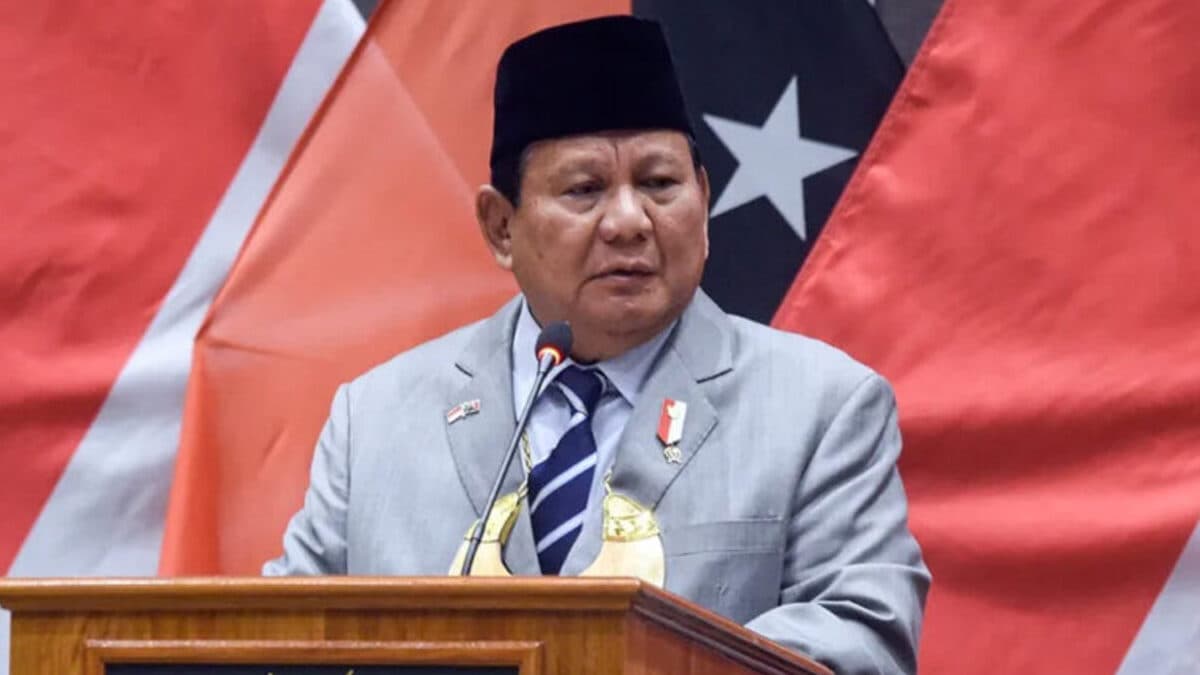
- Indonesia added to CIVICUS Monitor Watchlist amid increasing repression under President Prabowo Subianto.
- Over 100 human rights defenders were harassed or assaulted in the first half of 2025.
- Government measures, including restrictive laws and surveillance, are tightening control over civic space and the media.
Indonesia has been placed on the CIVICUS Monitor Watchlist as the administration of President Prabowo Subianto intensifies repression against civil society, protesters, and independent media.
The inclusion, announced on 30 July 2025 by the Johannesburg-based CIVICUS Monitor, highlights a rapid deterioration in civic freedoms, including expression, assembly, and association.
Although Indonesia’s overall civic space rating remains “obstructed,” the Watchlist status marks a significant decline in the country’s democratic environment. It joins Kenya, El Salvador, Serbia, Turkey, and the United States among countries facing escalating attacks on civil liberties.
Surge in arrests, threats, and violence
According to CIVICUS, nine months into Prabowo’s presidency, rights groups have documented a surge in arrests and intimidation targeting journalists, students, and activists.
“Speaking out is becoming a dangerous act in Indonesia’s tightening environment,” said Josef Benedict, Asia researcher at CIVICUS Monitor. “Anyone who criticises the government is being forced into silence through fear, violence, and intimidation.”
From January to June 2025, over 100 human rights defenders faced criminalisation, harassment, or assault, according to Indonesian organisations. Victims included environmental advocates, academics, and anti-corruption campaigners.
Violent dispersal of protests
Public demonstrations, particularly against new military legislation, have been met with force.
In March 2025, protesters opposing amendments expanding the military’s influence over civilian institutions were violently dispersed. Police reportedly assaulted journalists and forced them to delete footage of the crackdown.
During Labour Day events in May, 14 people — including paramedics — were arrested, and 13 were physically assaulted. No disciplinary action was taken against security personnel.
In Papua, student-led demonstrations in April and May were met with tear gas and arrests. Police also shut down a peaceful protest at Cenderawasih University.
Harassment of rights groups and media
Human rights organisation KontraS (the Commission for the Disappeared and Victims of Violence) reported repeated harassment between March and May.
Incidents included attempted break-ins at its Jakarta office, surveillance by unmarked vehicles, and phone disruptions allegedly linked to intelligence agencies.
Media outlets have also faced intimidation. A Tempo journalist received a severed pig’s head by mail, was doxxed, and saw family members threatened online.
In March, parliament passed new rules requiring foreign journalists to obtain police clearance before reporting in Indonesia — a move widely criticised as stifling media freedom.
Expanding legal and digital surveillance
Beyond physical crackdowns, the Prabowo administration has advanced restrictive legislation.
A revised military law, which increases military influence in civilian matters, has raised concerns about eroding democratic oversight.
Proposed amendments to the Criminal Procedure Code (KUHAP) and National Police Law could further enhance police powers while reducing accountability mechanisms.
In June 2025, the government signed a wiretapping agreement with four major telecom operators, enabling state access to communications data without judicial review.
Authorities continue to use the Electronic Information and Transactions (ITE) Law to suppress online dissent, frequently charging critics with “spreading false information.”
“These legislative moves illustrate the administration’s intention to consolidate authority through non-transparent processes,” said Benedict. “They exclude civil society and weaken oversight.”
International response and calls for accountability
Nadine Sherani of KontraS said Indonesia’s addition to the Watchlist reflects “repeated warnings by civil society groups” about shrinking civic freedoms since Prabowo took office.
She urged the international community to condemn ongoing violations and pressure the government to uphold its human rights obligations.
The CIVICUS Monitor Watchlist compiles findings from more than 20 international and regional partners, including grassroots human rights organisations.
Its global civic space ratings range from “open” to “closed.” Indonesia remains among 35 countries currently classified as “obstructed.”
CIVICUS stated that the Watchlist aims to spur urgent advocacy, diplomatic engagement, and international attention toward nations where civic freedoms are rapidly eroding.


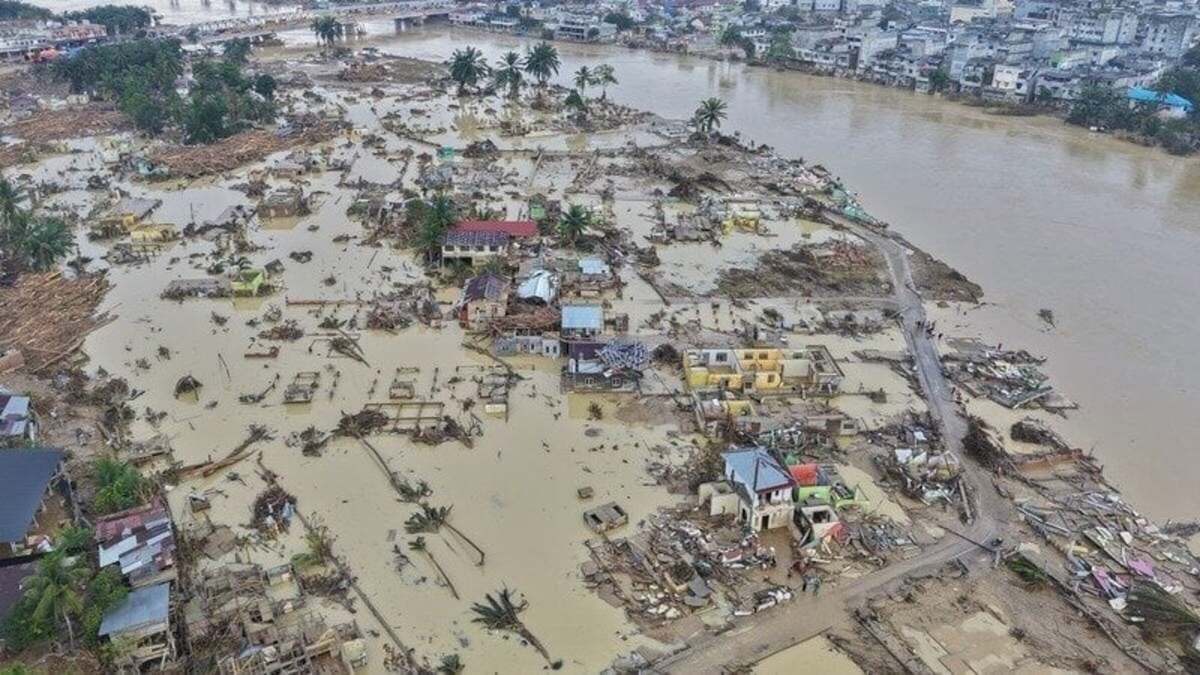
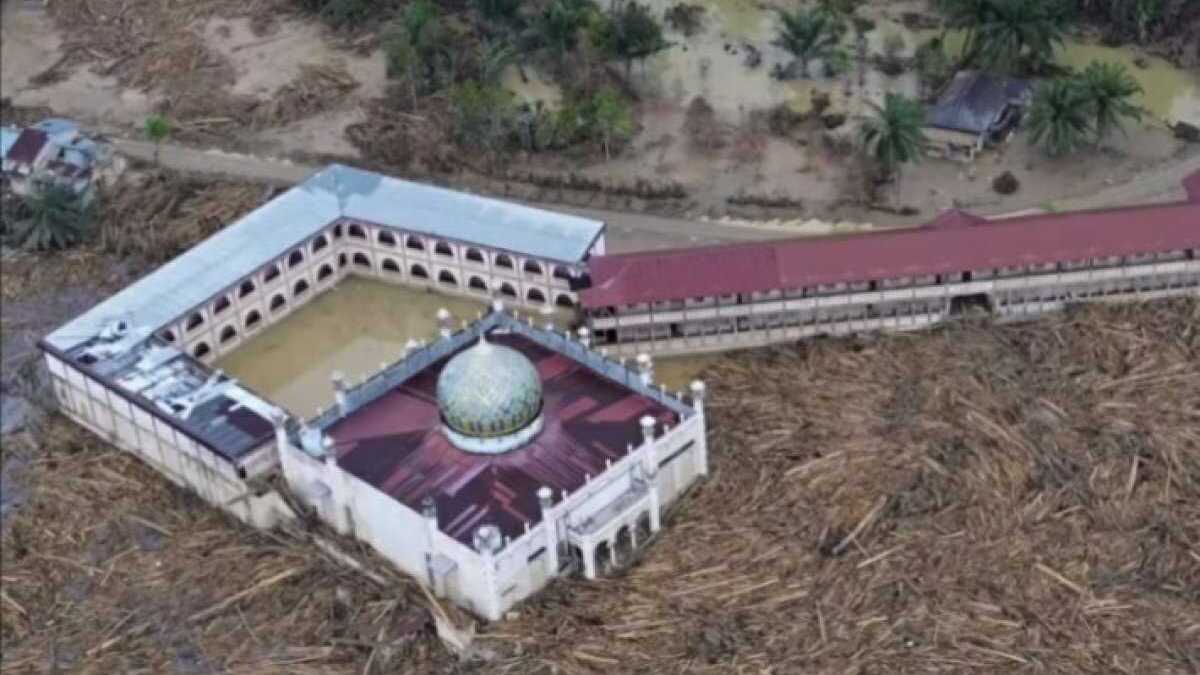
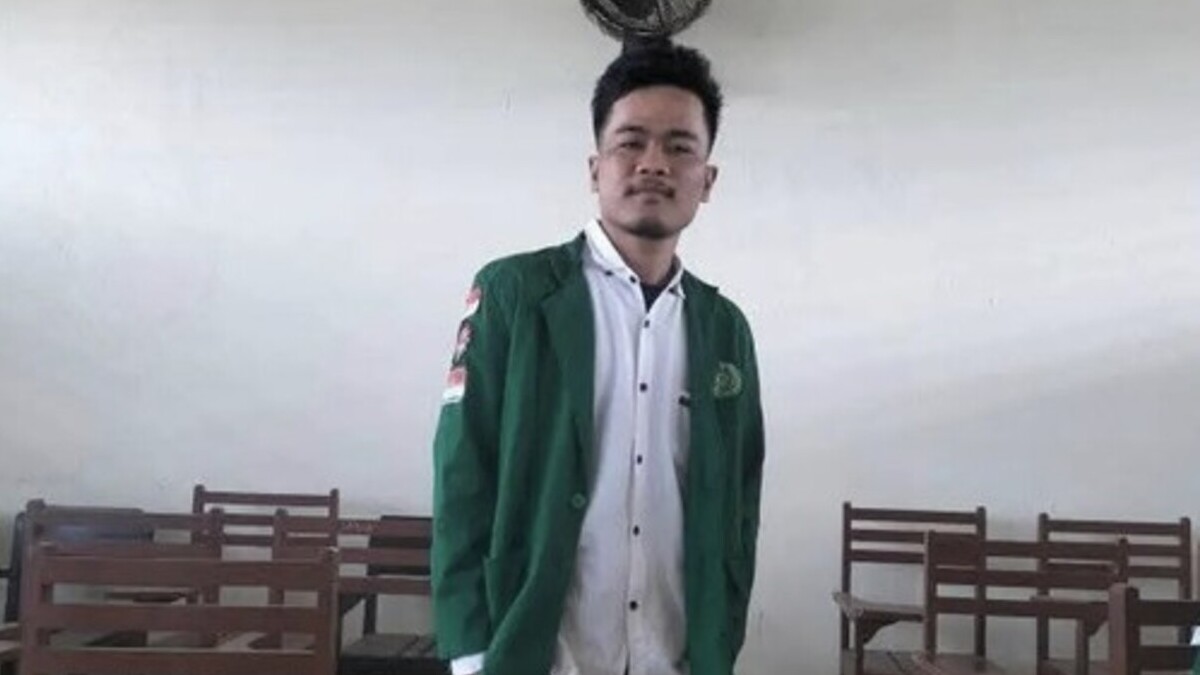
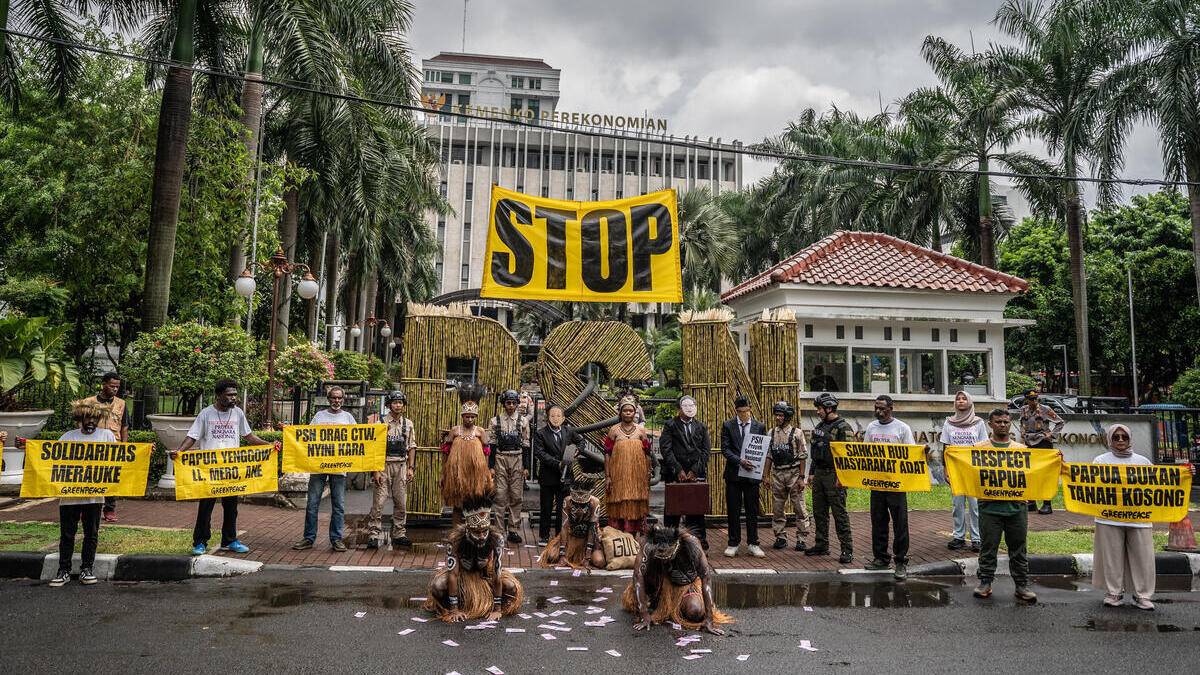
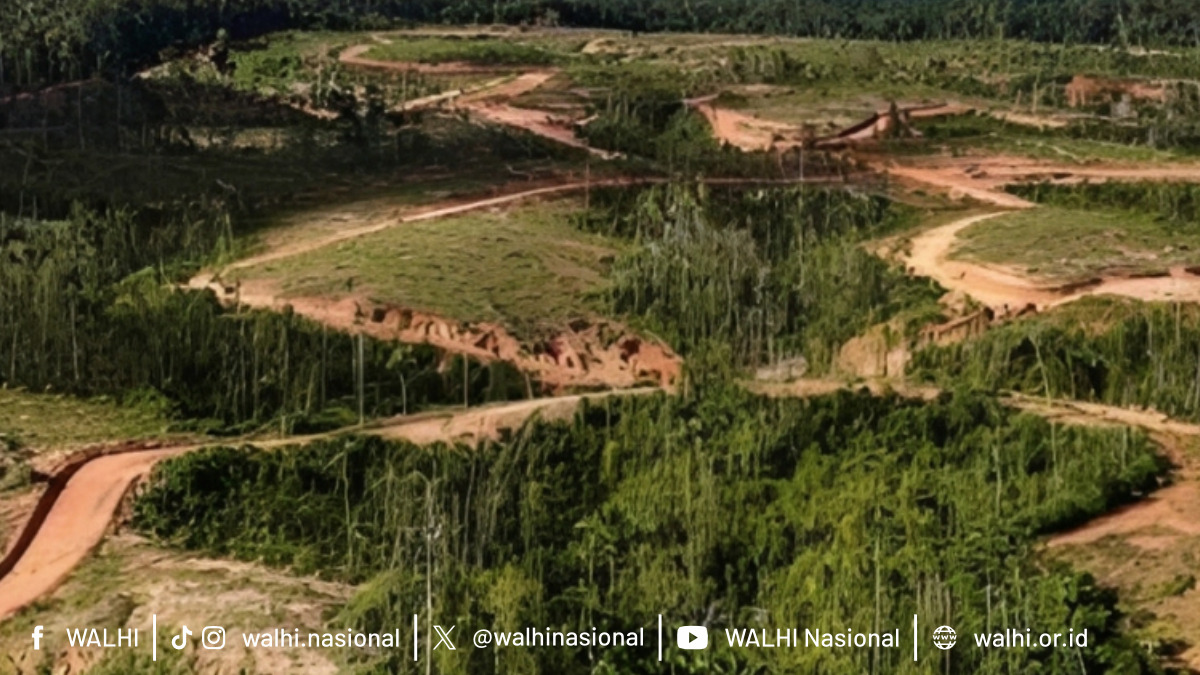
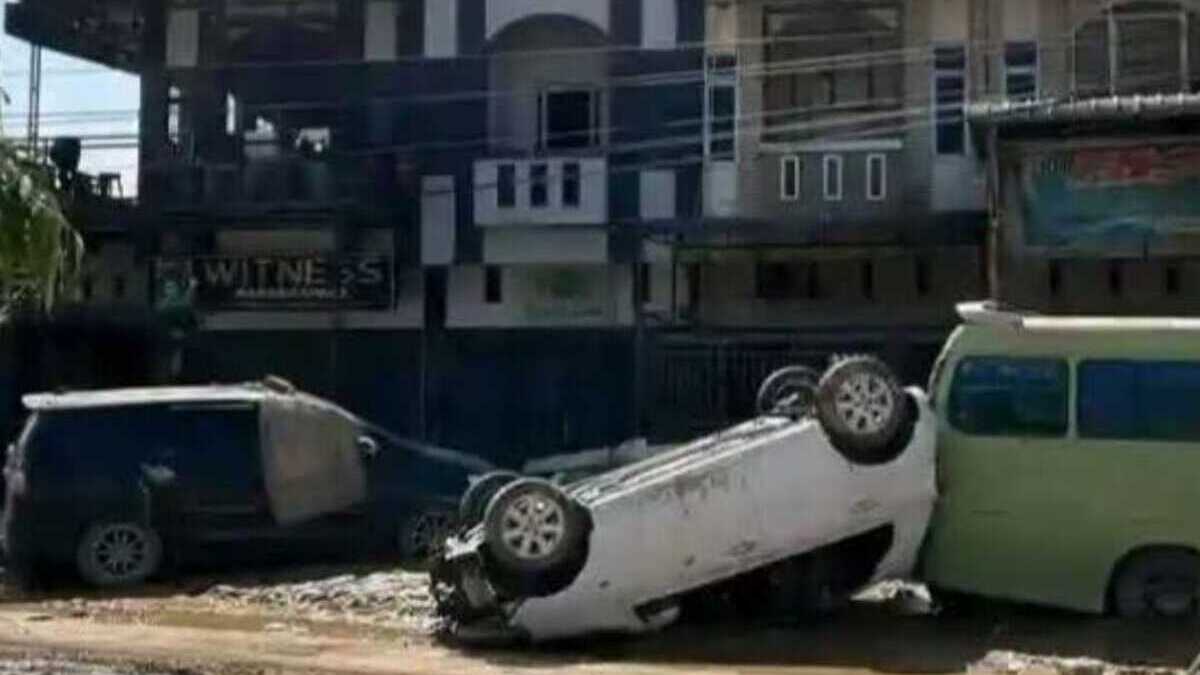
0 Comments